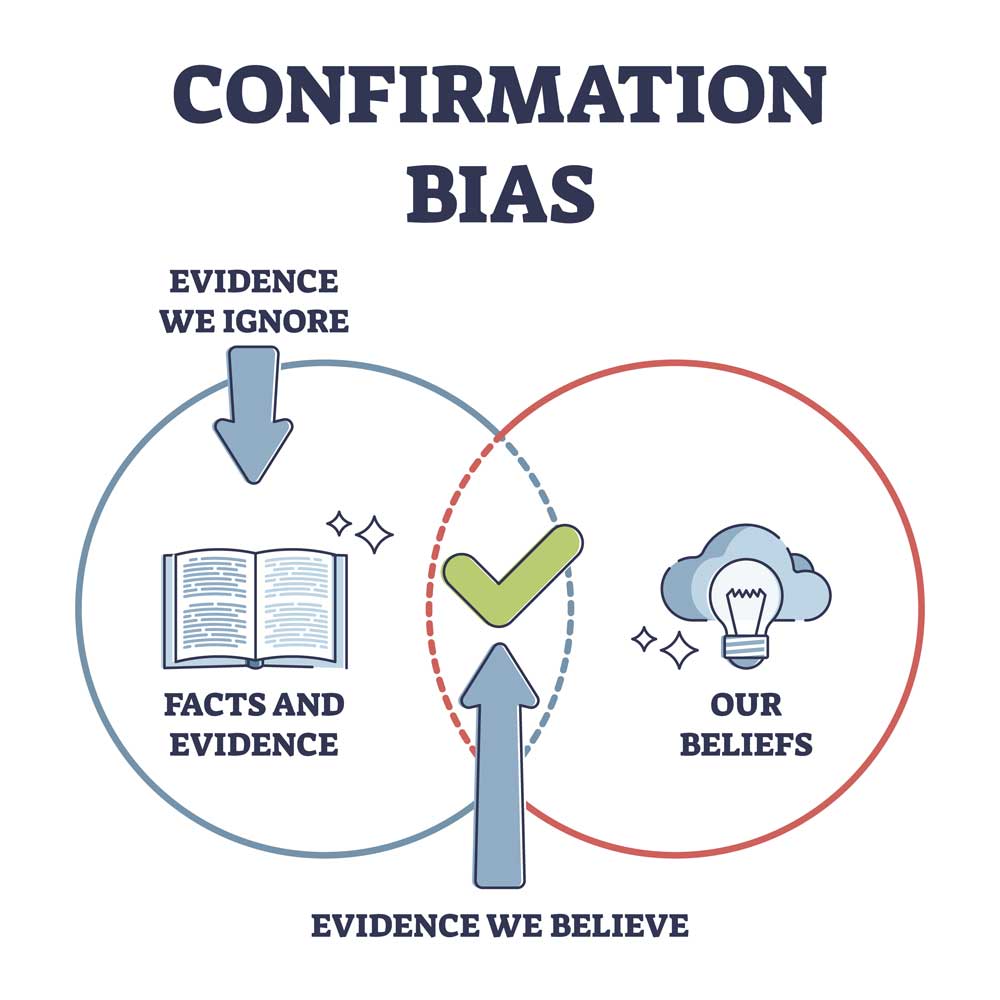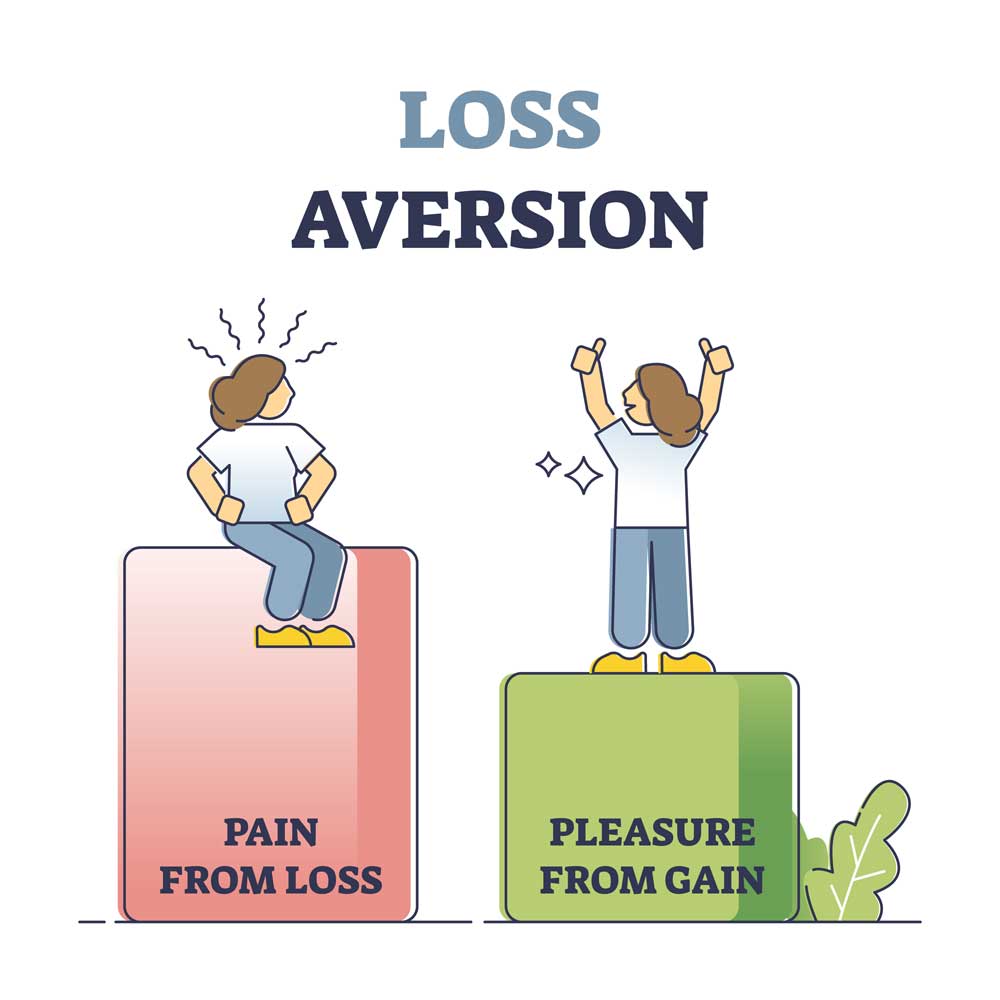
If you borrow money, the lender will likely require collateral. Collateral is any asset that can, if the lender agrees, serve as security for the loan. In pledging collateral, the borrower agrees that the lender may legally seize the asset in the event of default (i.e., the borrower fails to repay the loan). Collateral is motivating for both a lender…







